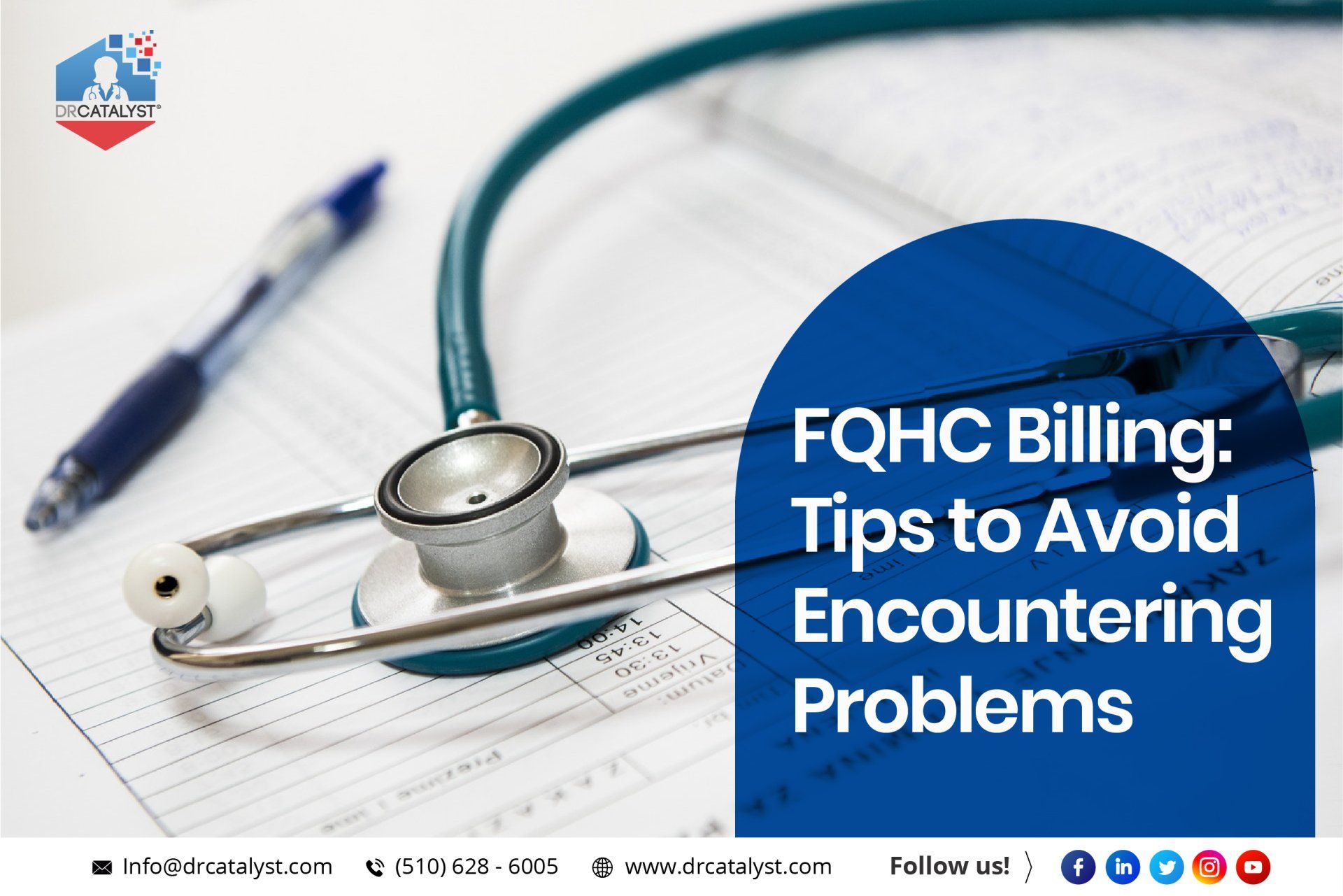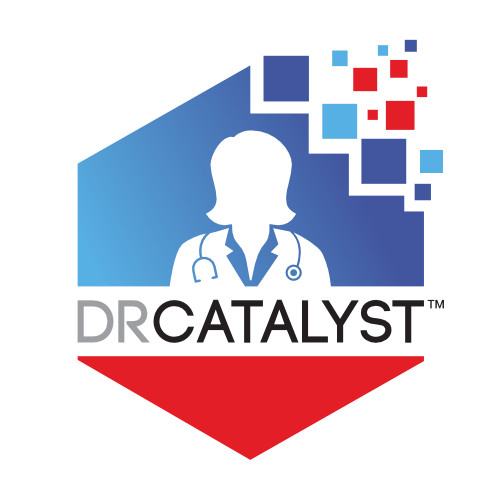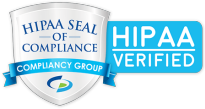FQHC Billing: Tips to Avoid Encountering Problems

So, you have dealt with the application process for an FQHC and have been awarded a grant. Now it is time to wait for your billing to be set up to start billing. During this time, how do you avoid stumbling into problems? In this article, we'll outline some tips that will help you avoid any issues down the road.
Fast Facts About FQHCs
Federally Qualified Health Centers (FQHC), also called Community Health Centers (CHCs), are non-profit organizations that provide care to underserved, low-income populations. In exchange for providing health services to underserved and uninsured populations, FQHCs receive grants from the federal government, along with cost-based reimbursements for Medicaid patients and malpractice insurance. Besides maximizing federal investment in local health care, these practices extend the coverage of Medicaid and Medicare. To qualify as FQHCs, the health centers must adhere to federal and state laws.
At present, Federally Qualified Health Centers (FQHCs) are playing an increasingly important role in our healthcare system, including primary care and specialty care such as obstetrics/gynecology, dental, vision, and mental health. The billing and revenue cycle process may be challenging in FQHCs due to the broader range of healthcare services they provide. A few examples of FQHCs are public housing facilities, community health centers, and outpatient health facilities.
Tips to Ensure a Smooth Billing Process for FQHCs
The billing and revenue process is hardly ever straightforward when it comes to Federally Qualified Health Centers (FQHCs). Because of their federal funding and regulatory status, FQHCs have to comply with specific and often complicated billing requirements. In addition, a large percentage of their patients are uninsured; therefore, the collection is more complex than in regular clinics and hospitals.
Here are several ways your practice can ensure that the health center receives all the correct payments.
FQHC Fees Need to Include Sliding Fees
FQHCs get a higher rate for their Medicare and Medicaid patients, but they must also charge a sliding fee to those without insurance. To determine if a patient qualifies for reduced rates, a financial assessment is completed. Various methods are available in deciding what to charge patients for discounted slides. Still, the most convenient way is to apply an all-inclusive fee to each slide, based on the patient's eligibility. Moreover, you should analyze the cost of every service offered by an FQHC. This will allow you to provide services at a reduced cost without sacrificing revenue.
Verify Patient Eligibility
FQHCs generally get paid by insurance companies and patients with good payment history. Some clinics also accept Medicare, Medicaid, and third-party payers such as Managed Care Organizations (MCO), Health Maintenance Organization (HMO), and Preferred Provider Organizations (PPO). Make sure you know who will pay your claims before preparing the bill; otherwise, you will face large unpaid claims from patients who turn out not to be insured. To avoid this problem, ask for proof of insurance or a third-party payer ID number before processing their bills.
Before providing any services, it is crucial to verify that the patient is eligible because that determines how the services will be paid. Additionally, you must make sure all necessary authorization or referrals are in place. You can also verify eligibility with your billing company if you outsource your billing responsibilities. They should be able to assist you with any questions regarding eligibility verification.
Have an Efficient
Records Keeping
At the same time, FQHCs should keep detailed records of services provided to patients when they schedule appointments, provide treatment or make house calls. These records will help ensure that your organization is getting proper reimbursement for all of the care it provides. If a patient has a question about their treatment or charges, these medical records can help clear things up quickly and efficiently. Furthermore, it would help if you double-check billing to avoid errors. It's imperative to have clean billings with no errors or omissions to ensure that physicians receive payments promptly and accurately.
Be Aware of Your Payer Contracts
Many commercial insurance companies currently use FQHCs for healthcare. Therefore, it is imperative to learn their contracts and coding and billing procedures. All FQHCs must adhere to the terms of their commercial carrier agreements; however, the contracts must specify that the FQHC may implement sliding fee reductions for members who qualify.
In some cases, FQHCs may offer discounts to members with higher deductibles, but you run the risk of breaking the contract unless they specifically state that they may do so. Contracts specify these limitations, which the providers must conform to, including processing copays and deductibles.
Make Sure You Understand Your Bundles and Claim Forms
The billing process can be challenging initially since specific processes for filing claims. For FQHCs, coding services require knowing which CPT® codes belong to more comprehensive services, such as bundled services. The Health Resources and Services Administration produces paperwork to aid coders and billing personnel to determine what services can be billed in conjunction with a qualifying visit, rather than at a standard fee-for-service rate.
The revenue codes and bill codes are also likely to differ, requiring a billing team to differentiate between the claims filing processes for each type of payer, visit, and type of service. Staff must be able to handle both regular billing and FQHC billing processes simultaneously. By understanding the FQHC process, you will be able to stay on top of your game, and with further training and experience, you may become a valuable asset to any practice, not just FQHCs.
Set Up an Integrated FQHC Reporting System
To produce accurate and detailed reports, your clinic should monitor revenue collection, KPIs, and the efficiency of the billing department. An efficient reporting system allows management to make informed decisions to maximize future revenue.
Ensure Your Payer Mix Is Balanced
An additional challenge for FQHCs is keeping a healthy mix of payers during appointment scheduling. Any type of practice is susceptible to revenue load, but it can be especially challenging in an FQHC without an efficient schedule management process. When all payer types are well-balanced, there will be no payment gaps resulting from an excessive number of visits, services, or payer categories.
The FQHC must have the capability to handle walk-in patients regardless of their insurance coverage. When accepting these patients, it is necessary to be diligent and careful. The ability to accommodate gaps in appointment scheduling takes some time and practice but eases over time as you get to know the doctors' schedules. In some cases, providers may experience a high no-show rate, or their schedule may be busier during certain times of the year.
Outsource Your FQHC Billing Process
When you outsource your FQHC medical billing process, you can increase revenue collection while reducing payment turnaround time. You can expect fewer denials, good cash flow, higher patient satisfaction, and timelier medical billing through an outsourced team of certified coders and billing specialists. Additionally, it can save you time training your staff and reduce their workload.
Partner with DrCatalyst!
FQHC Medical billing is no walk in the park. It's now more important than ever to make sure their billing is accurate and up to date. One of the best ways you can do this is to outsource your billing process. Through our extensive experience billing FQHC services, we can help you succeed in your practice. For more information, schedule a consultation with DrCatalyst today. Call (510) 628-6005 or book an appointment online.
Useful Links
Contact
3100 Carr 199, STE 202
San Juan, PR 00926-7660
United States
Useful Links
DrCatalyst | All Rights Reserved.
Contact
3100 Carr 199, STE 202
San Juan, PR 00926-7660
United States
Useful Links
DrCatalyst | All Rights Reserved.













